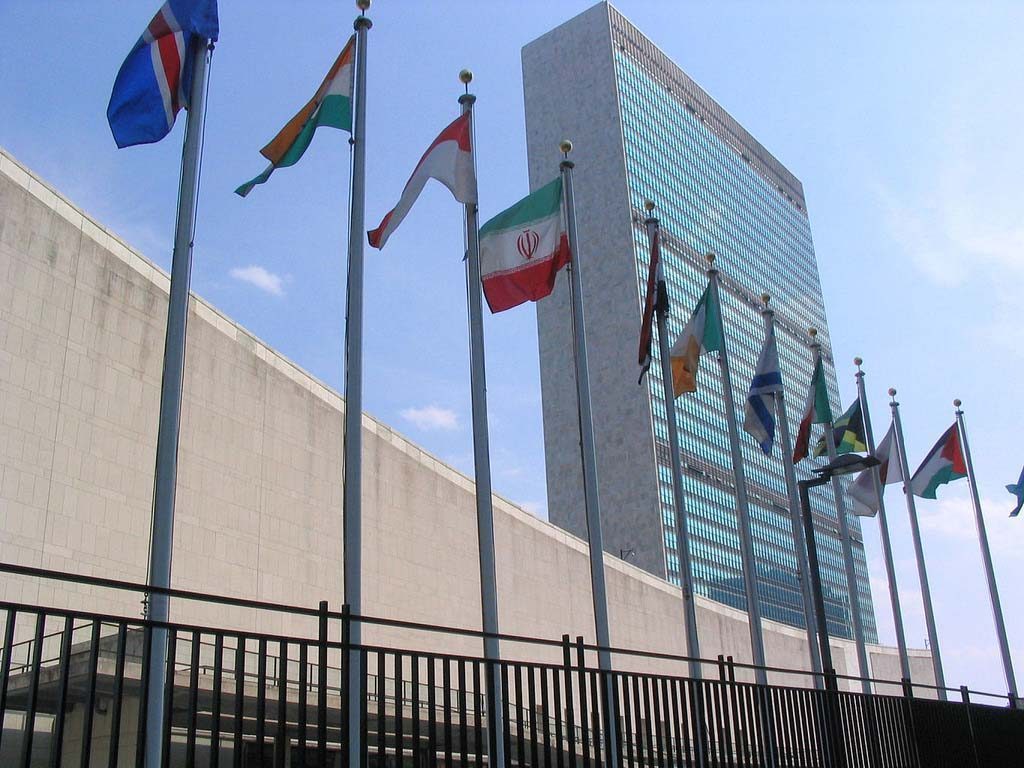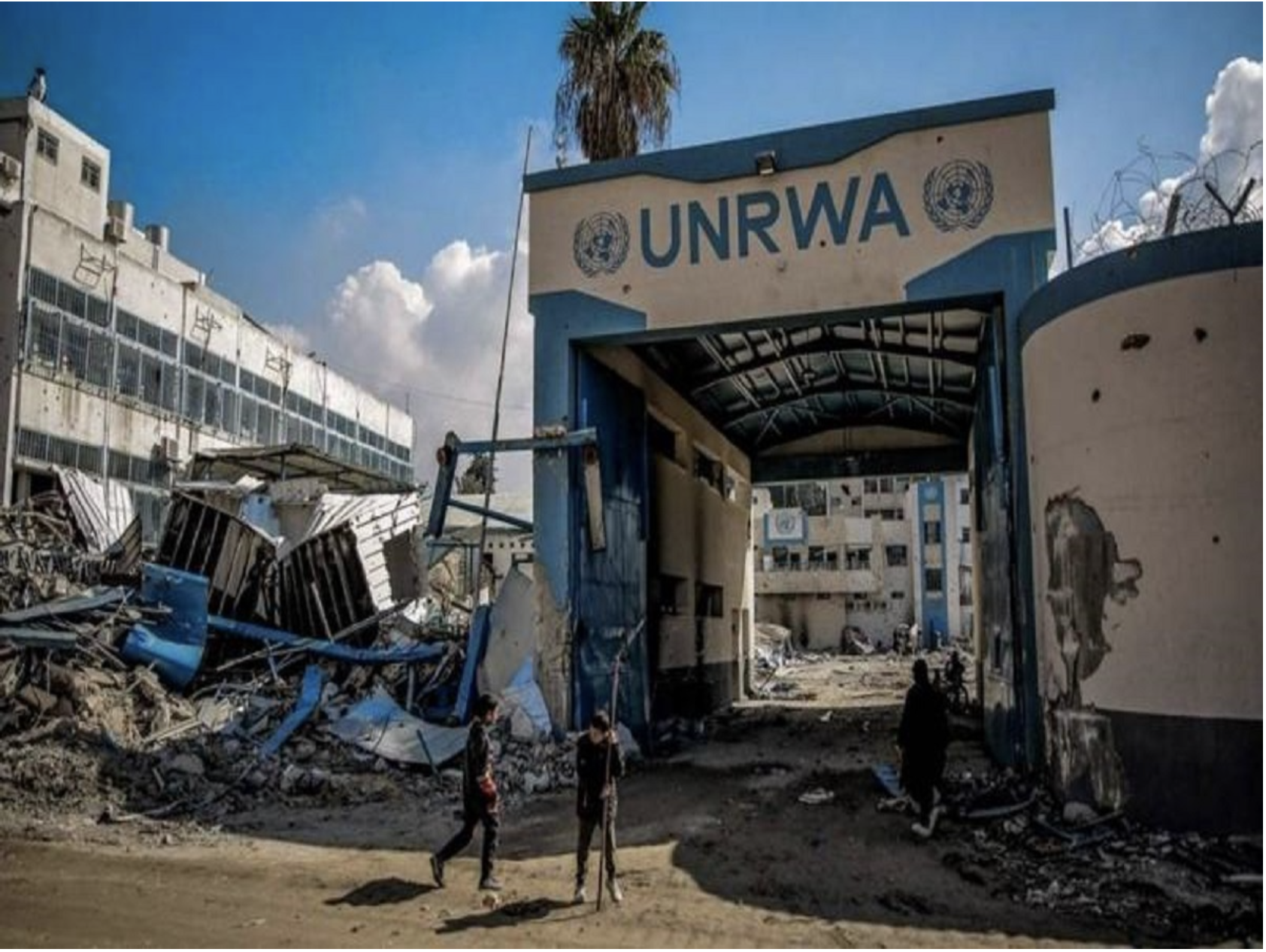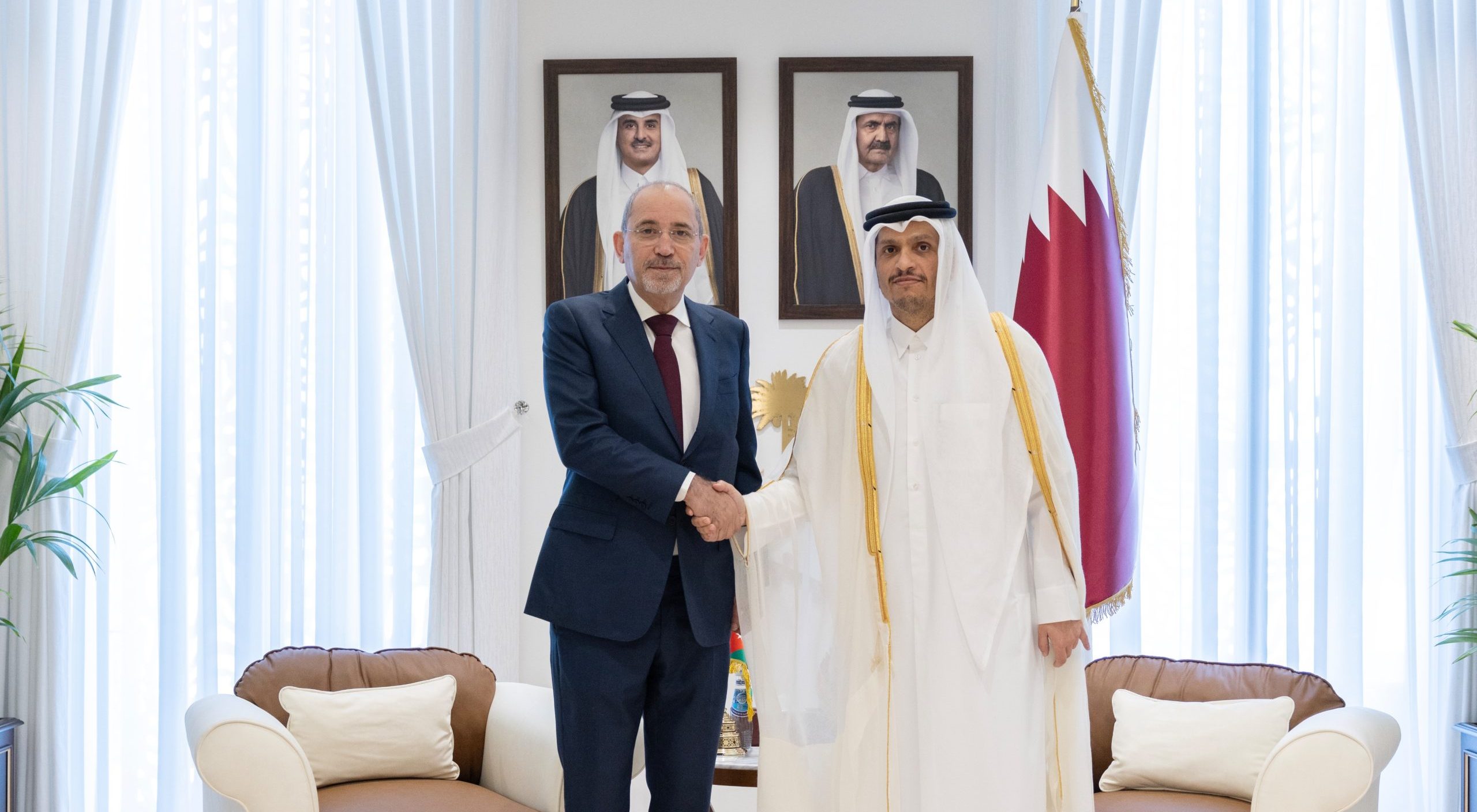
Over the past few months, government officials in Qatar are using proposed changes to the country’s labor law as a response to criticism of the country’s human rights record, even though the plans sidestep many key issues raised by observers.
In the last week alone, at least three high-ranking government officials have discussed the upcoming changes while making speeches at international forums that have directly and indirectly noted the abuse of migrant workers in Qatar.
Such cases have been well documented by groups such as Human Rights Watch and Amnesty International. Those groups argue that the country’s laws and inadequate enforcement mechanisms enable the maltreatment of migrant workers at the hands of their employers, who are just as likely to be expats themselves.
Last month, local government officials proposed changes to the country’s labor laws in an effort to provide more protection to foreign workers. These include:
- Loosening restrictions on changing jobs;
- Shifting the authority to issue exit permits from sponsors to the Ministry of Interior;
- Raising fines for confiscating passports;
- Unspecified improvements to living conditions; and
- Mandating electronic payment of wages to ensure workers are being remunerated, among other measures.
No timeline has been announced to actually implement the proposals, which many human rights observers and local expats have criticized as inadequate.
But at a recent meeting of the UN Human Rights Council, two Qatari officials rehashed the proposal in response to comments made by François Crépeau, a special rapporteur who visited the Gulf country last year and formally tabled his findings in April.
“There is no doubt these developments reflect the serious will of the government to improve the conditions of work,” Ali bin Sumaikh al-Marri, the head of Qatar’s National Human Rights Committee. “We hope to see on-the-ground improvement in the rights of citizens and residents.”
The proposals do address some of Crépeau’s concerns, such as non-payment of wages, living conditions and passport confiscation. While Crépeau did say he “welcomed” the news that Qatar is looking into reforming its sponsorship system, he raised many issues that have yet to be directly tackled by the government, such as:
- Illegal recruitment fees paid by migrants in their home countries that put them in debt prior to arriving in Qatar;
- Migrants assigned to work lower-skilled, lower-paid jobs than what they agreed to in their home country;
- Abuse of domestic workers; and
- A prohibition that prevents expats from organizing into unions and collectively bargaining.
The discrepancy between Crépeau’s comments and Qatar’s proposed changes was not raised at last week’s hearing.
Also speaking at the UN, Sheikh Khaled bin Jassim Al Thani – the director of human rights department at Qatar’s Ministry of Foreign Affairs – thanked the special rapporteur for his visit and report without mentioning any of its contents, beyond saying the government agreed with Crépeau that labor-sending countries have a role to play in protecting the rights of their citizens who travel abroad for work.
Al Thani continued:
“The protection and promotion of human rights, including the rights of expatriate workers is a strategic choice for the state of Qatar. Indeed, Qatar values expatriate workers’ contribution and considers them real partners in its development.”
Doha Dialogue
Several days after the conference, the Qatar Red Crescent hosted a three-day, “Doha Dialogue on Migration” workshop and seminar, attracting dozens of delegates from the International Federation of Red Cross and Red Crescent.
The forum had a global, humanitarian focus on improving the dignity of migrant workers and acknowledged there are problems in the region.
“Of course, the Gulf areas have certain challenges. We have a huge population (and a) big number of expat workers,” said Dr. Mohammed bin Ghanem Al-Ali Al-Maadheed, the president of the Qatar Red Crescent, during a speech.
In an interview, Al-Maadheed conceded that kafala can present a problem, but said improving the lives of migrants is a much broader issue that goes beyond the country’s sponsorship laws.
However, other local speakers returned to the topic.
The session’s moderator called Qatar “a model” for its proposed legislation and then introduced Dr. Abdullah Salah Al Khelifi, the country’s minister of labor and social affairs.
He spoke of the country’s “desire to protect rights of workers and their livelihood” before outlining the proposed changes to Qatar’s sponsorship laws.
Later in the day, delegates heard from Nayef Al-Shammari, a legal specialist with Qatar’s National Human Rights Committee. He too went over the proposed legislative changes, telling the audience that the UN’s Crépeau had commended the government’s measures.
Thoughts?







